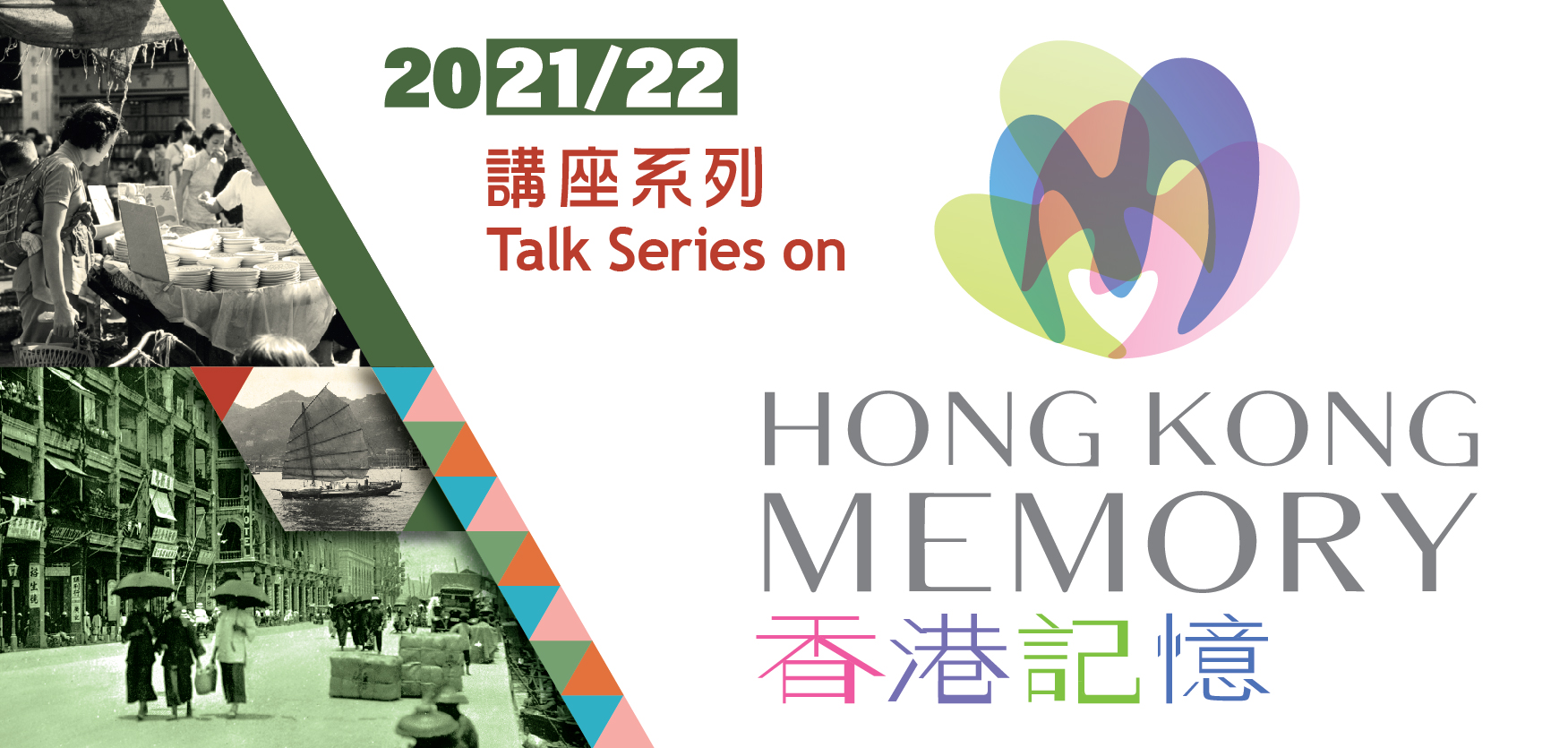All Events
- Highlighted Programmes
- All Events
- Hong Kong Reading Week
- Events at Hong Kong Central Library
- Summer Library Festival
- Reading Activities
- Literary Activities
- Awards / Competitions
-
Talks / Workshops
- Talk Series on "Hong Kong Memories: Rediscovering Hong Kong's History and Culture"
- Subject Talk Series on Life & Death Education
- Philosophy Talk
- “A Century of Architecture: The Story of Tung Wah Museum” Subject Talks
- “Integrating Past with Present: The Journey of Tung Wah’s Intangible Heritage through Time” Subject Talks
- “Centred on People: Specialist Healthcare Services and Everyday Life” Subject Talks
- “Keeping up with the Times: Mapping the Development of Hong Kong’s Healthcare Services through the Archives” Subject Talks
- Subject Talks on Cosmopolitan Hong Kong
- Subject Talk Series on History and Culture of Hong Kong
- Lecture Series on Chinese Classics and Their Contemporary Resonances
- Other Talks and Workshops
- IT Activities
- Storytelling for Children
- Exhibitions
-
Hot Topics
- Storytelling for Children (Cantonese)
- Storytelling for Children
- Activities in the Chinese Culture Promotion Series
- Storytelling for Children (Cantonese)
- Talk on Chinese Classics
- Storytelling for Children (English)
- Other Exhibitions
- Other Literary Activities
- Chinese Poetry Writing Competition Exhibition
- Thematic Storytelling Workshops
Subject Talk Series on Hong Kong Memory (2021/22)
Past Activities
About Lighthouses of Hong Kong
| Date & Time: | Available for viewing from 18 March 2022 7:00 p.m. |
| Description: | In the mid-1850s, construction of lighthouses in Hong Kong adjacent waters was first proposed to guide vessels to their destination ports or to serve as a warning signal of shipping hazards, such as rocks and reefs. Initially, all the proposed sites for the lighthouses were located within China’s territorial waters, and the proposals were turned down by the Chinese Mainland. As the maritime transport had been busy, and there was keen support from the business sector, the Hong Kong government built Cape D’Aguilar Lighthouse and Green Island Lighthouse in 1875, and Cape Collinson Lighthouse was constructed one year later. Gap Rock Island Lighthouse and Waglan Island Lighthouse, the latter of which was built by the Imperial Maritime Customs, were completed in 1892 and 1893 respectively to facilitate vessels’ entry to Hong Kong from the south and the northeast. In 1905, the new Green Island Lighthouse was constructed to accommodate the light apparatus of Cape D’Aguilar Lighthouse. In 1912, Tang Lung Chau Lighthouse was put into service. A team under the Department of Real Estate and Construction of The University of Hong Kong has studied the lighthouses in Hong Kong over the past few years. This talk covers the following: • the origin, design, construction and maintenance of lighthouses; • the roles of lighthouses in the past and present; • past and present environmental circumstances; • the work and life of lighthouse keepers as well as cultural heritage; and • future feasible uses of lighthouses. |



